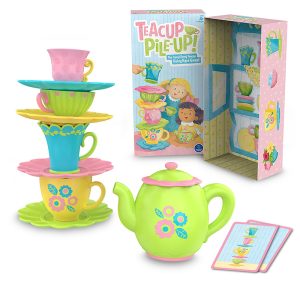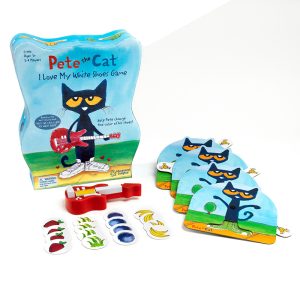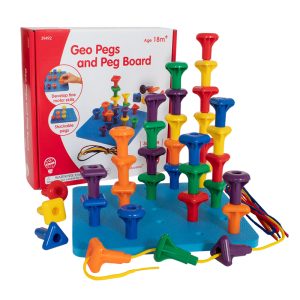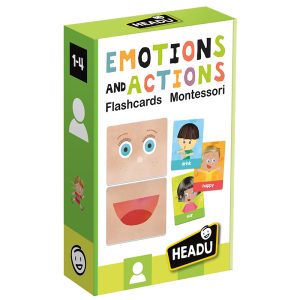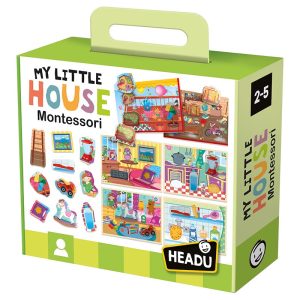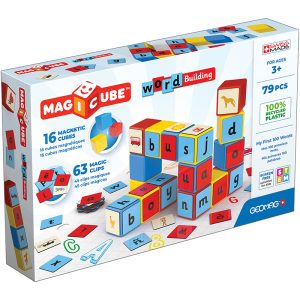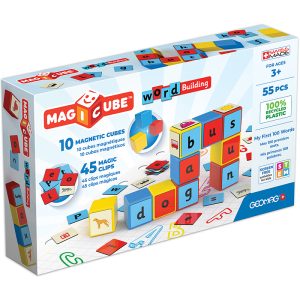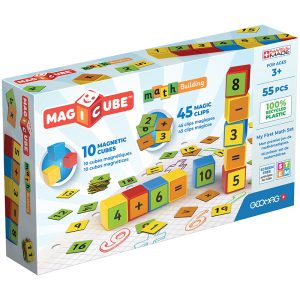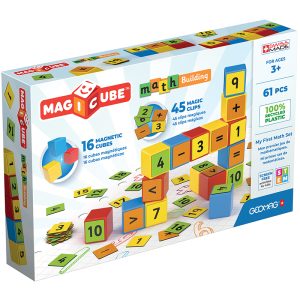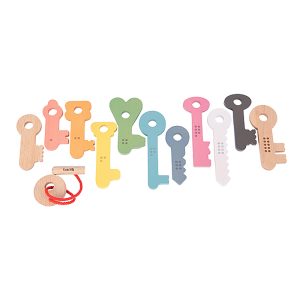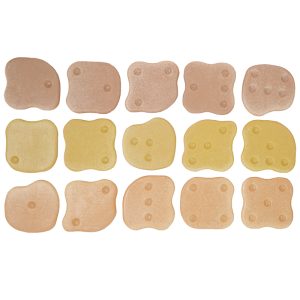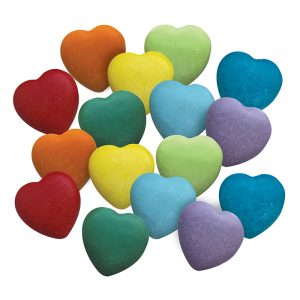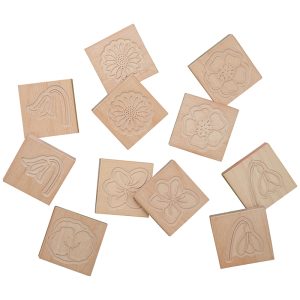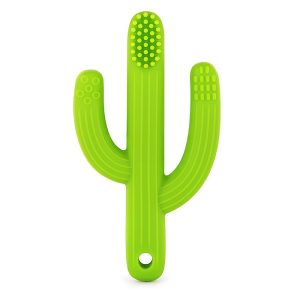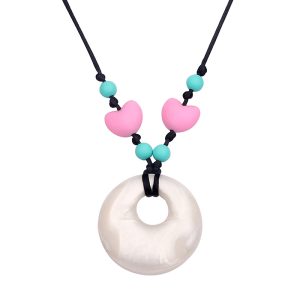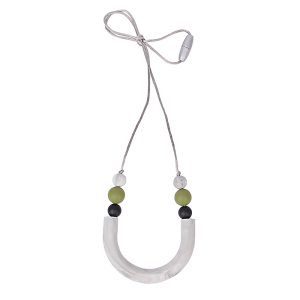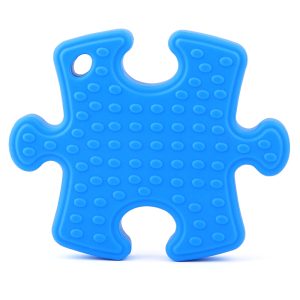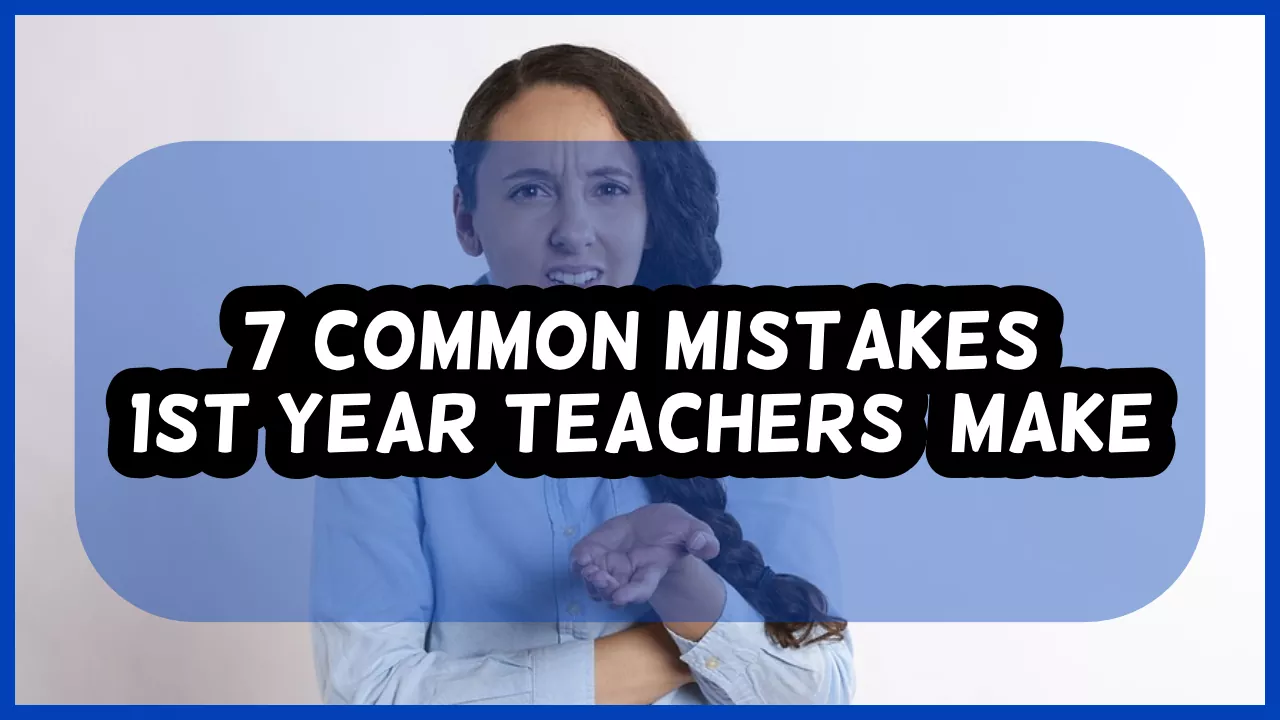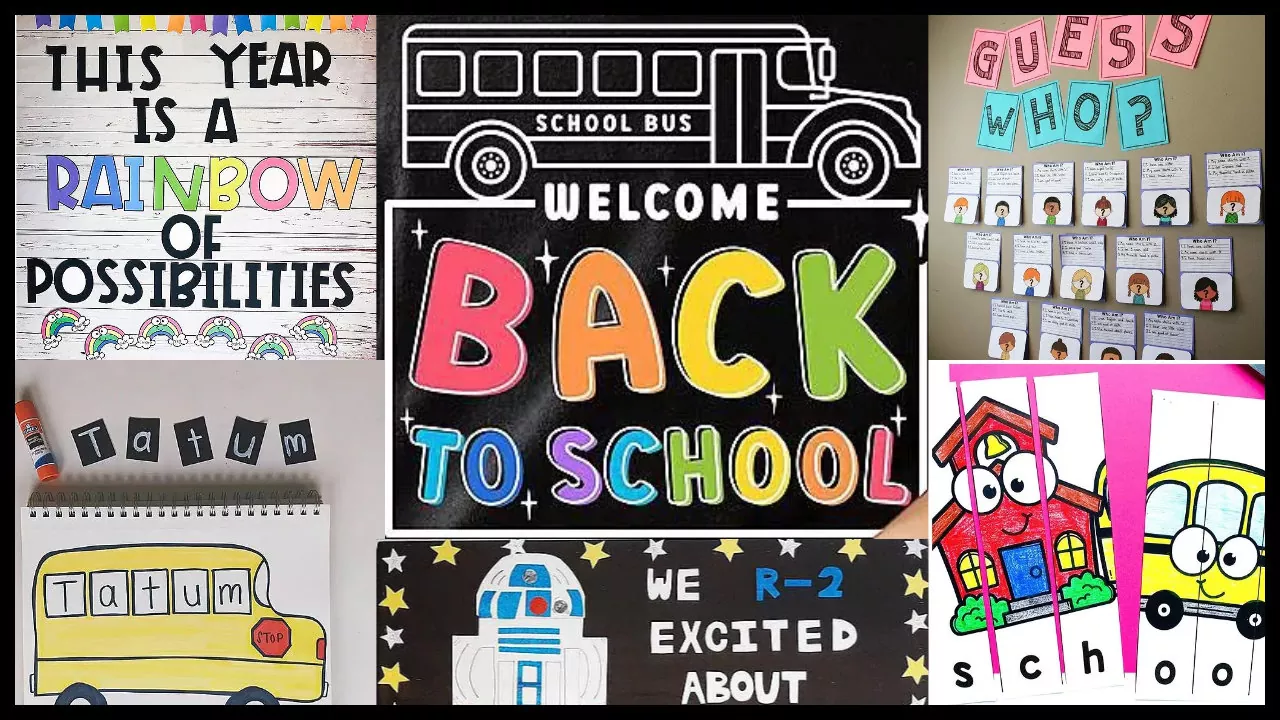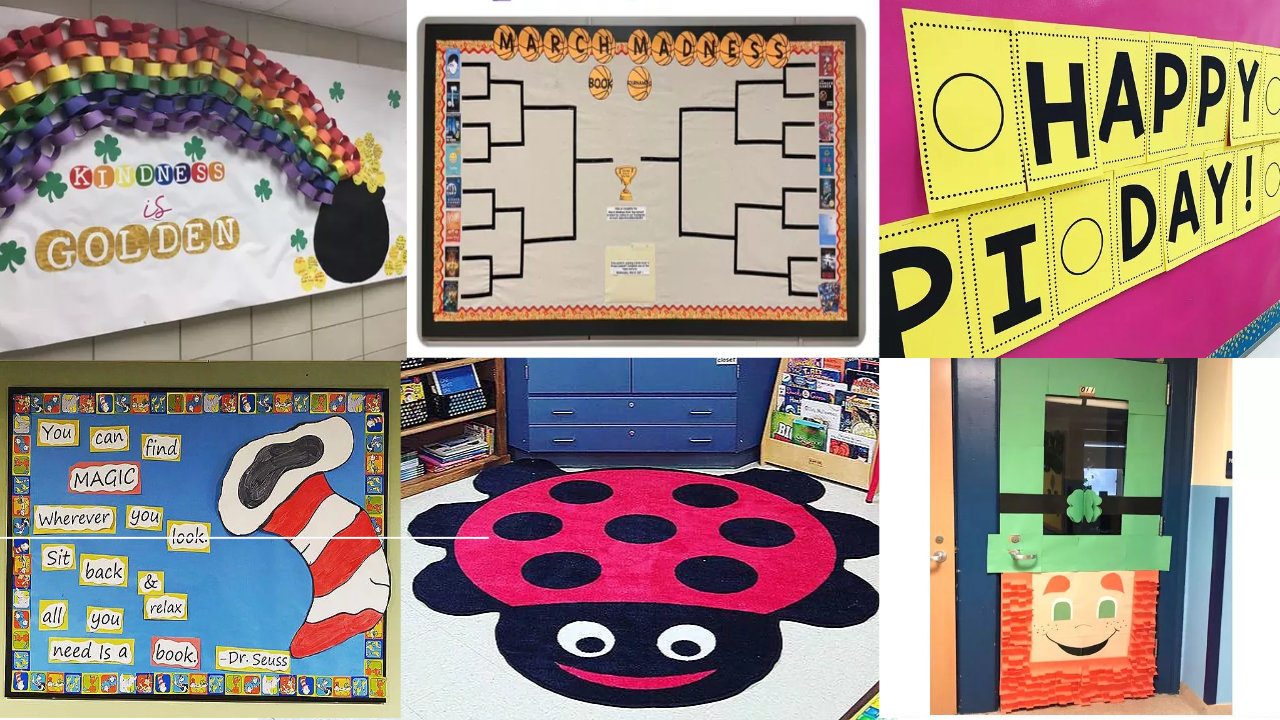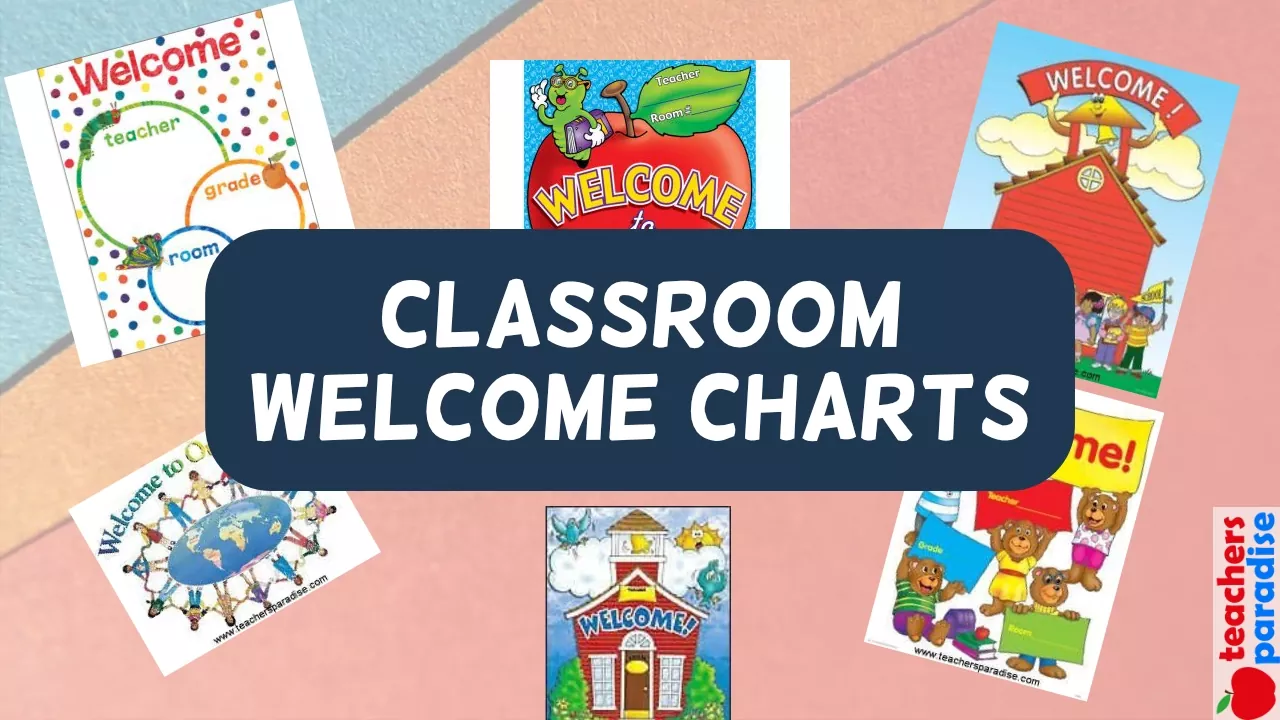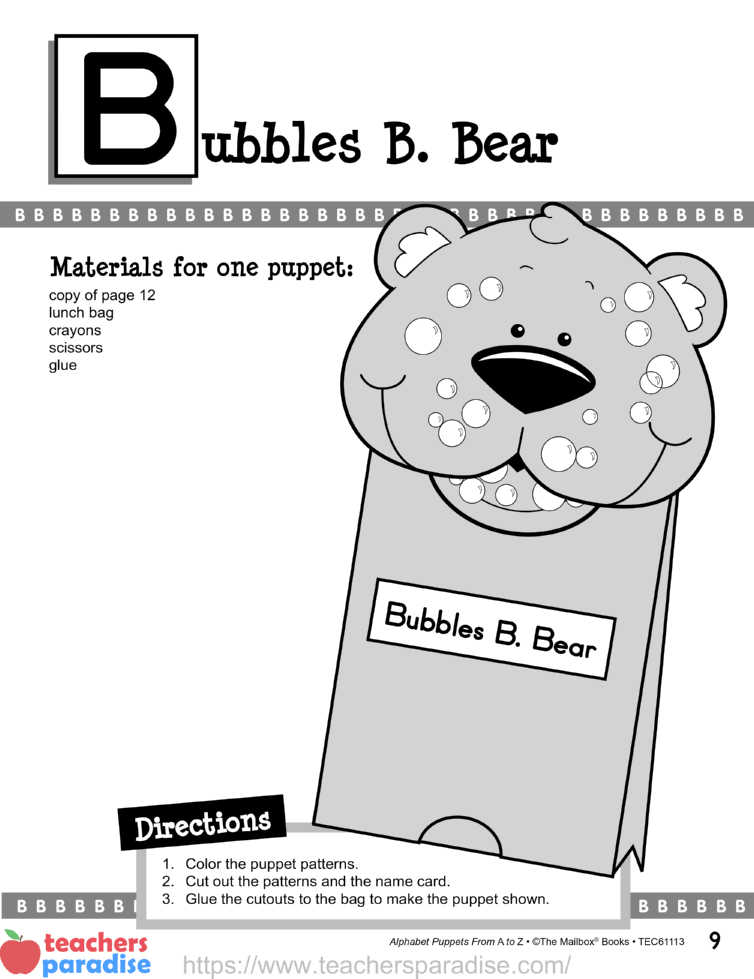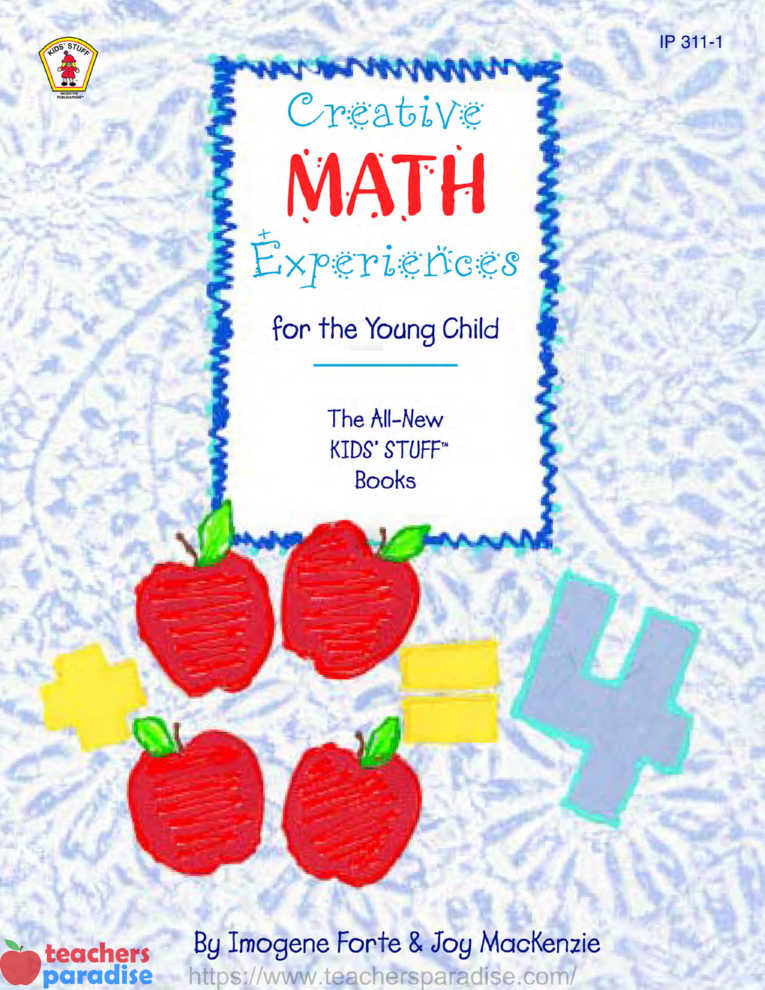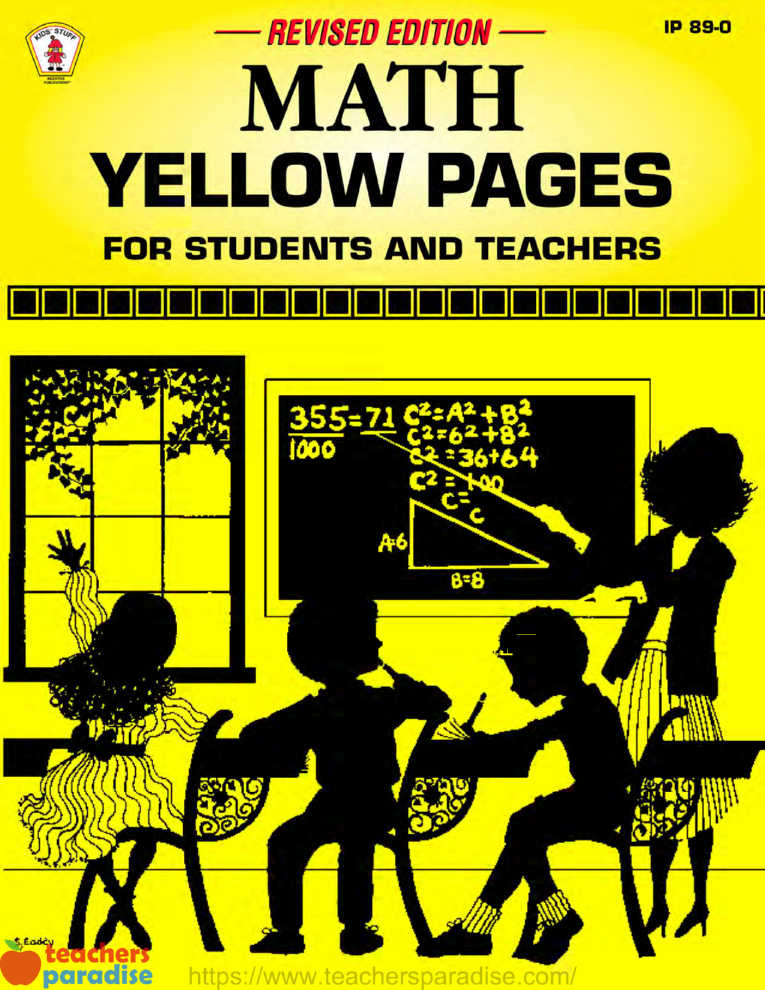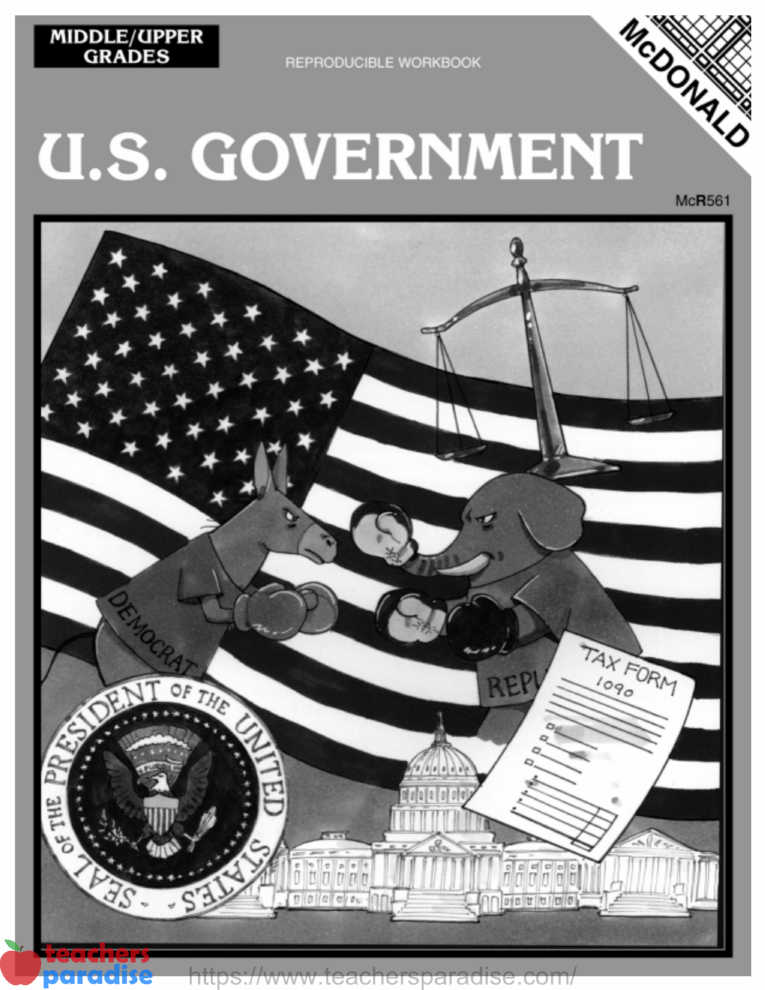Early Childhood Resources at TeachersParadise for PreK-3 Teachers
Early childhood resources in schools are significant because they create an enriched learning environment that supports various aspects of children's development, including cognitive, language, social, emotional, and physical skills. These resources offer hands-on, active learning opportunities, allowing children to explore, experiment, and make sense of the world around them. Through play and engagement with these resources, young learners develop essential foundational skills that lay the groundwork for future academic success.
- Figurines: Figurines can be used in imaginative play and storytelling, promoting creativity, language development, and social skills. Children can act out different scenarios, which helps them process emotions and develop empathy.
- Games: Games encourage cooperation, turn-taking, and following rules, enhancing social skills and sportsmanship. They also stimulate cognitive development through problem-solving and strategy-building.
- Gross Motor Skills: Gross motor skill activities involve large muscle movements and physical coordination. These activities help develop strength, balance, and coordination, essential for everyday tasks and physical development.
Read more
- Hands-On Activities: Hands-on activities promote active engagement and exploration. They enhance cognitive and sensory development, allowing children to better understand the world around them.
- Lacing: Lacing activities help refine fine motor skills and hand-eye coordination. They also promote concentration and patience.
- Language Arts: Language arts resources include books, storytelling materials, and language-based games. These aid in language development, vocabulary expansion, and reading readiness.
- Manipulatives: Manipulatives are objects that children can manipulate and interact with. They are used in math and other subjects to reinforce concepts and enhance understanding through tactile learning.
- Math: Math resources include counting materials, shapes, and number games. They support the development of early math skills, numerical recognition, and basic arithmetic.
- Mats: Mats are used for various activities, such as sitting during circle time or engaging in movement exercises. They provide a defined space for children's activities and create a sense of order in the classroom.
- Patterning: Patterning activities help develop early math and logic skills. Children learn to recognize and create patterns and critical foundational mathematics concepts.
- Pegs: Pegs and pegboards improve fine motor skills and hand-eye coordination. Children use the pegs to create designs and patterns, enhancing spatial awareness and creativity.
- Sheets & Blankets: Sheets and blankets can be used in dramatic play, creating tents, forts, or other imaginative structures. They encourage creativity, cooperation, and role-playing.
- Sorting: Sorting activities help children categorize objects based on various attributes like color, size, or shape. This builds early math and problem-solving skills.
- Toys: Toys with various textures, colors, and shapes stimulate the senses and promote exploration, creativity, and problem-solving.
- Tracing: Tracing materials, like stencils or tracing paper, aid in fine motor skill development and pencil control. They also help with letter and number formation during early writing activities.
Stay Connected
Coupons, sales and latest free apps
Our newsletter for teachers, educators & parents! Subscribe to our weekly shameless plug! Sometimes coupons, other times sales, always fun! We will keep up on our always evolving teacher supplies catalog and all of our latest free educational apps!. Enter your e-mail and subscribe to our newsletter.
